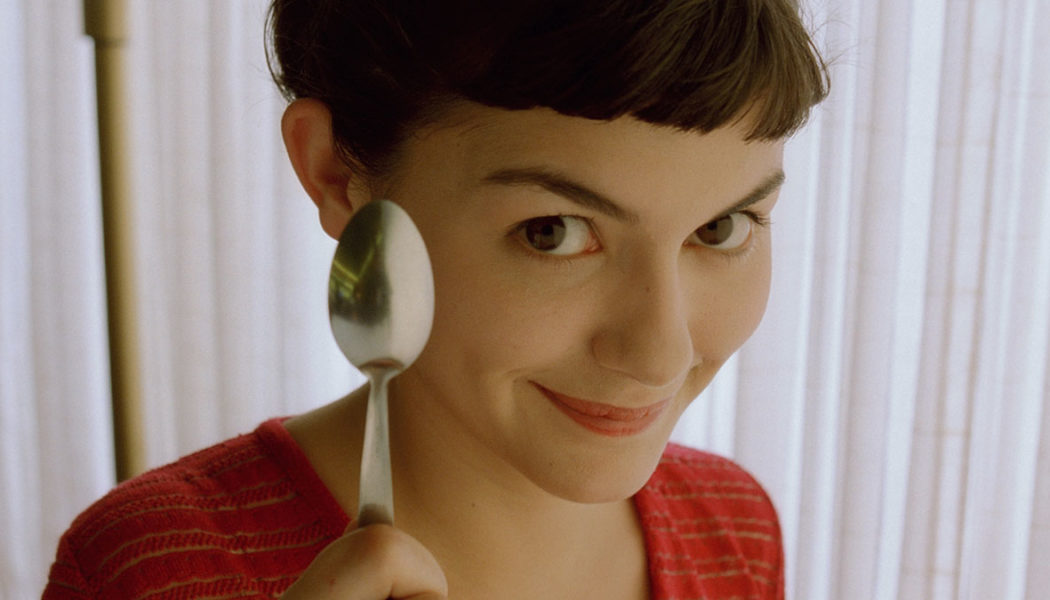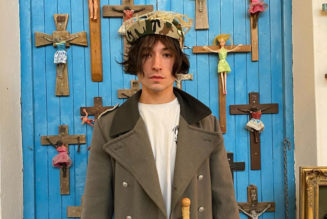
Jean-Pierre Jeunet doesn’t know how many times he’s seen Le Fabuleux Destin D’Amélie Poulain — or just Amélie, as his most beloved film to date is known. However, he does remember the most recent occasion — in July 2021, at a special free screening on the beach, organized by the Cannes Film Festival. “A big screen on the beach for free,” he remembers. “And it was a rainy day. And they warned me, probably we will have 50 people, no more… It was packed. They refused 200 people. And everybody [had seen] the film before. It wasn’t new for them.”
Watching Amélie on a rainy beach is exactly the sort of unconventionally beautiful moment Jeunet’s titular heroine, played by Audrey Tautou, would appreciate. The 2001 film, which will be re-released in theaters beginning Wednesday, February 14th, is a modern fairy tale about a lonely young woman wary of other people — until a series of events draws her out into the world, where she finds a new level of connection with those around her.
That 2021 Amélie screening also had a deeper significance for Jeunet, because in 2001, the film was submitted to the Cannes festival and was subsequently rejected. “I remember the screening where the boss of the Cannes Film Festival watched the film in the theater — I saw the bald head of the boss shining in the light of the projector,” Jeunet says, adding that he knew, just from watching Gilles Jacob (president of the Cannes Film Festival from 2001-2014) watch the movie, that Jacob didn’t like the film.
Related Video
However, he adds, being rejected by Cannes actually worked to the film’s advantage, “because it was such a big controversy in France, it was big advertising for us.” That initial notoriety was karmically redeemed by the film’s international success, earning almost $175 million at the box office and receiving five Oscar nominations, including original screenplay and foreign language film (as the International Film category was known at that point).
That early success has translated into a film which holds up remarkably well 23 years later. Perhaps that’s due, in part, to the film’s existence outside of space and time: “It’s a little bit timeless, the look of Amélie. It’s vintage, and sometime it’s modern,” Jeunet says. “You have a TV screen, but in a square frame. It’s the same thing when you see Blade Runner — it’s very modern science fiction, but when you see the screens, they’re all old fashioned.”
Amélie is also set in a fairytale version of Paris that Jeunet freely describes as “fake,” because if nothing else, “at that time, so many dogs would shit on the street. You couldn’t walk on the sidewalk. Now it’s getting better. It’s a little bit cleaner. The city is worse now because of so many construction sites and traffic jams, but it’s cleaner in term of dog shit.”









